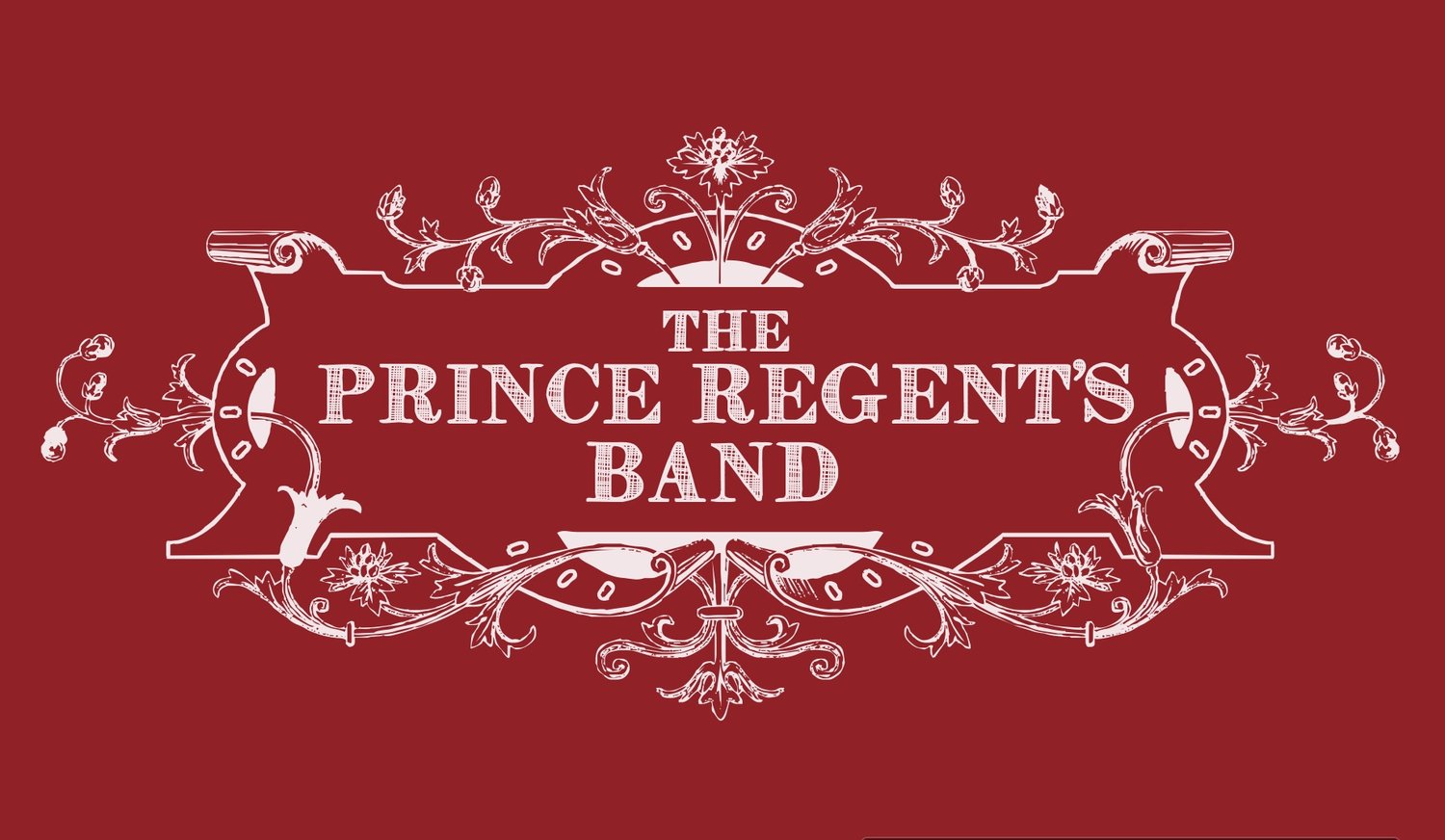REVIEWS: RUSSIAN REVOLUTIONARIES:
MUSIC BY VICTOR EWALD
& OSKAR BÖHME
From: Planet Hugill.
Victor Ewald and Oskar Böhme music for brass ensemble; The Prince Regent's Band; Resonus Classics
Reviewed by Robert Hugill on Oct 27 2017 Star rating: 4.0
A new sound-world, Russian brass chamber music played on instruments of the period
Unless you are a brass player you may have never come across the music on this disc. The first volume in a projected series exploring late 19th century and early 20th century Russian brass music, Russian Revolutionaries volume 1 on Resonus Classics, presents music by Victor Ewald and Oskar Böhme performed by The Prince Regent's Band). The ensemble uses instruments of the period, this means that works like the Ewald quintets are played on two cornets, althorn, baritone and tuba (rather than the modern two trumpets, French horn, trombone and tuba). The conical-bore instruments of the Saxhorn family provide a more mellow homogeneous sound, they were favoured by bands of the period for that reason. (The PRB's website has an excellent introduction to the instruments they use, as well as videos).
The late 19th century in Russia saw a drive to improving standards in the music profession. As part of the drive the cutting edge technology included the latest brass instruments from France and Germany. Brass chamber music was surprisingly popular, Grand Duke Alexander of Russia (who became Alexander III) had his own ensemble, made up of aristocratic players. There were a great many bands, and a great deal of music, some written by Russian born composers and some by musicians who had travelled to Russia.
Oskar Böhme was one such, born near Dresden in 1870 , he emigrated to Russia in 1897 and by 1902 was a cornet player in the Imperial Mariinsky Theatre. His life remained relatively stable, even after the Revolution but he got caught up in the purges in the 1930s and was sentenced to death in 1938. The disc opens with Böhme's Trompeten Sextet, a work which remains in the repertoire but played on cornet, two trumpets, French Horn, trombone and tuba, but PRB use the original line up with althorn and tenorhorn. Böhme's other works on the disc include fugues for two and for three voices, Rokoko Suite (for two cornets, althorn and baritone), and Nachtmusik (for two cornets and three trombones).
Victor Ewald was born in St Petersburg in 1860. Musicians in Russia at the time did not have the same rights as other artists, and the limitations placed on them (they were effectively the same status as peasants) meant that it was routine for composers to hold another job, and Ewald was a civil engineer. Ewald played in the chamber music evenings organised by Mitrofan Petrovich Belyayev, who also ran a publishing house. Ewald's Quintet in B-flat minor was published by Belyayev in 1912. The other quintet on the disc is less certain, Anneke Scott's article in the Cd booklet introduces its complex history and explains why there is still no definitive edition.
This is a fascinating disc, introducing a repertoire which is probably hardly known to non-brass players. And we are introduced to it in the sound-world which would be known to the composers, using a set of instruments dating from the period. But that said, the actual works on the disc did not speak to me strongly. I was fascinated by the sound-world of the instruments and the innovative nature of the music, but it is not music that I would listen to regularly.
The Prince Regents Band (Richard Fomison, Richard Thomas, Fraser Tannock, Anneke Scott, Phil Dale, Emily White, Jeff Miller), playing on soprano cornet-a-piston, rotary valve trumpet, rotary valve althorn, rotary horn, rotary valve tenorhorn, baritone, rotary valve tenor trombone, side trombone, tenor slide trombone, bass slide trombone and rotary valve bass tuba.


